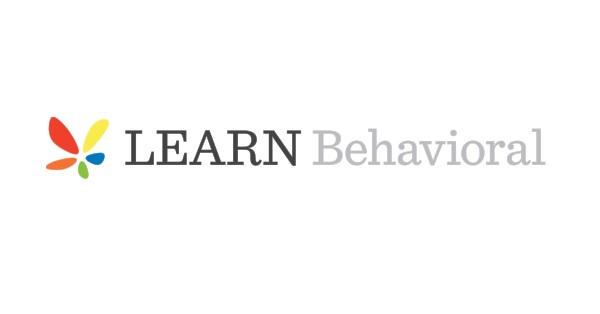Behavioral Health Technology
As the prevalence of behavioral health conditions and substance abuse has steadily increased, so has the demand for behavioral health services. We believe a steady shortage in providers to address these conditions has created space for technology and tech-enabled solutions to meet rising demands.
LLR is looking to partner with tech-enabled behavioral health providers and technology platforms to help support organic growth and drive improved access to care for those with unmet needs. Companies and intermediaries working in this space should contact PJ Cusack to discuss related investment opportunities.








